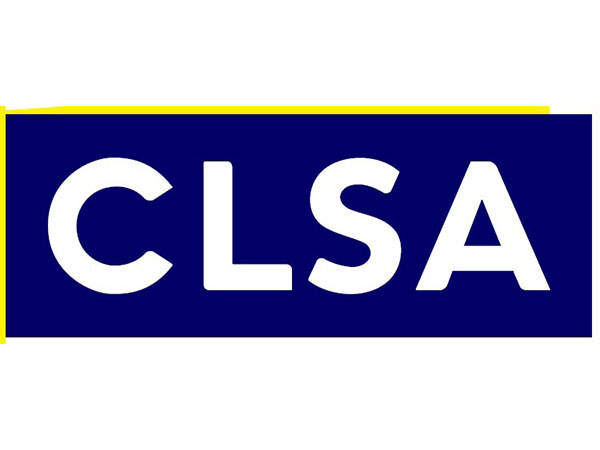New Delhi [India], June 5 (ANI): Indian equity markets, led by ‘Modi stocks’, had approached the national elections with a lot of conviction in the continuity of a strong BJP government. In market parlance, big infra stocks, PSU stocks and stocks of the big private corporates are popularly referred to as ‘Modi stocks’.
However, the recent general election results, which saw the ruling Bharatiya Janata Party (BJP) failing to secure a simple majority, have shaken this confidence.
The election verdict raises doubts over the stability of the government and its policy-making style, challenging the notable premium of Indian equities compared to historical levels.
In response, CLSA has made a strategic shift in its India focus portfolio, replacing L&T with HCL Tech, and turning more defensive by favouring private banks, IT, insurance, and commodities.
On Wednesday, the stock market is anticipated to open in green territory, with pre-market statistics showing a rise of 1 per cent. Despite this initial optimism, the market faces several uncertainties due to the election outcome.
Coalition Dynamics: After two terms of securing a simple majority, the BJP will now need to rely on its newly inducted coalition partners from Andhra Pradesh and Bihar to reach the majority required to form a government.
These partners have historically been allied with the key opposition Congress party, which raises questions about the coalition’s ability to provide stable governance under PM Modi, who has always led a government with a BJP majority.
The BJP has underperformed in the three largest states—Uttar Pradesh, Maharashtra, and West Bengal—where rural and agricultural voters predominate. With upcoming state elections in Maharashtra, there is speculation that the new BJP government might shift its policy focus to accommodate rural and agricultural concerns, moving away from its strong supply-side policy-making style.
Even after the recent pullback, the Indian equity market (Nifty) remains at a high valuation level, 19 times above its 18-year historical average PE, placing it at the 85th percentile. This makes India one of the most expensive markets globally, with a significant premium to Asia Ex Japan and EM peers.
The 1.8 percentage point discount of Nifty’s earnings yield to the 10-year bond yield is at the 76th percentile, indicating stretched equity valuations versus bonds.
Confidence in a stable government had previously bolstered expectations, leading to low Indian bond yields compared to US yields.
The premium of mid and small caps versus the Nifty is near record highs, suggesting that the market’s conviction could lead to vulnerability and potential pullbacks given the uncertain political outcome.
Modi stocks, identified as those with direct leverage to PM Modi’s key policies, have risen by 34% in the last six months, compared to 9% for the Nifty. This significant upmove, driven by re-rating in earnings multiples, reflects high conviction in predictable policy-making, which now appears vulnerable.
Recognizing the new uncertainties, CLSA has removed L&T from its India focus portfolio, replacing it with HCL Tech. L&T, which had outperformed by 106.2 percentage points since January 2021, is being replaced by HCL Tech to reflect a more defensive stance.
CLSA is now overweight on banks, commodities, IT, insurance, and staples while limiting exposure to Modi stocks to ONGC and Reliance, which have seen less re-rating.
The firm fears de-rating in the expensive discretionary and capex space and prefers valuation support in private banks.
As investors and market watchers digest the implications of the election results, the focus will remain on the government’s formation, the potential for populist economic policies, and the impact on India’s long-term economic and market stability. (ANI)












